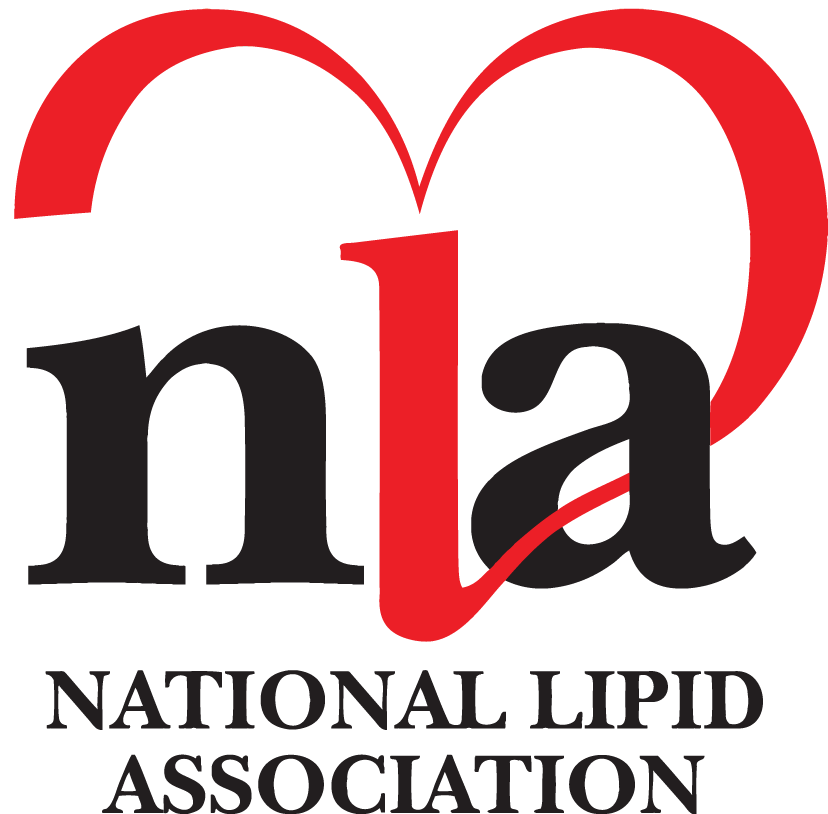Scientific Sessions Satellite Programs
Lowering LDL-C: The Role of Emerging CETP Inhibitors in Reducing Cardiovascular Risk
Friday, May 30, 2025
7:00 – 7:15 am Registration & Breakfast | 7:15 – 8:45 am Program
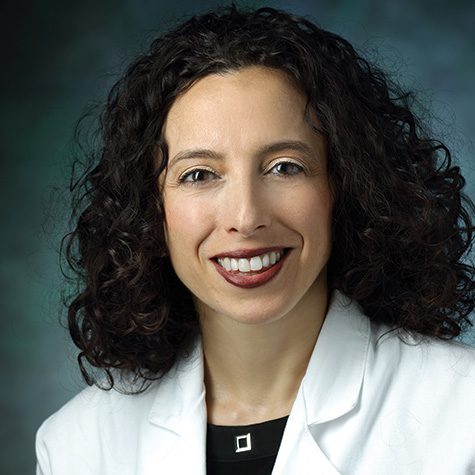
Erin D. Michos, MD, MHS
Activity Chair
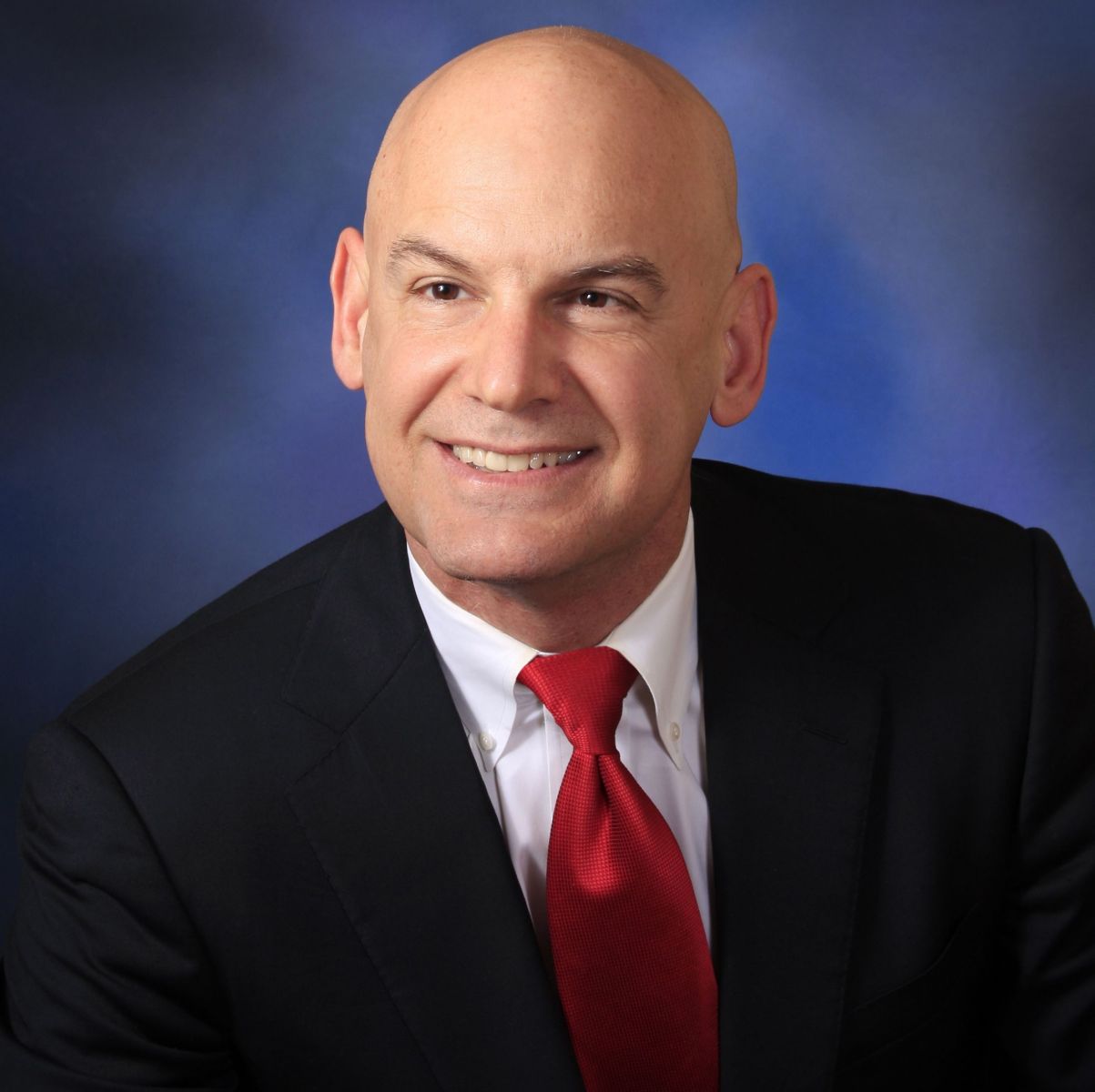
Christie Ballantyne, MD, FNLA
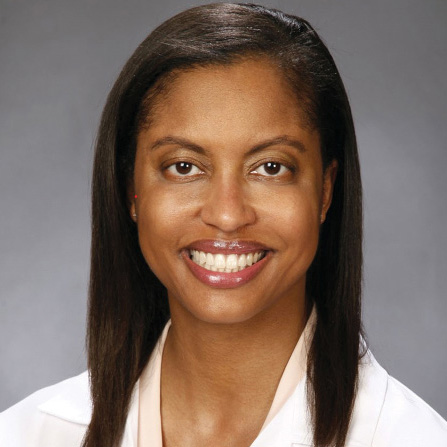
Heather M. Johnson, MD, MS, MMM
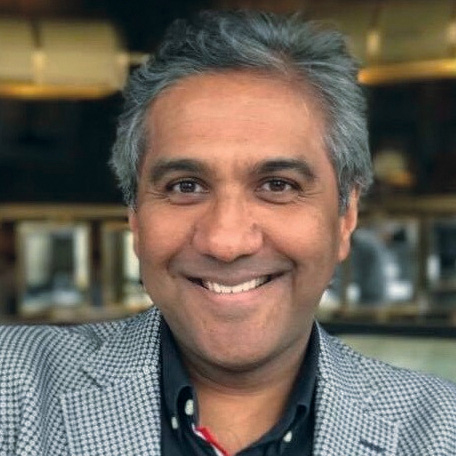
Kausik Ray, MBChB, MD, MPhil
Sponsored by NewAmsterdam Pharma; Breakfast provided by the National Lipid Association
Add event to calendar
